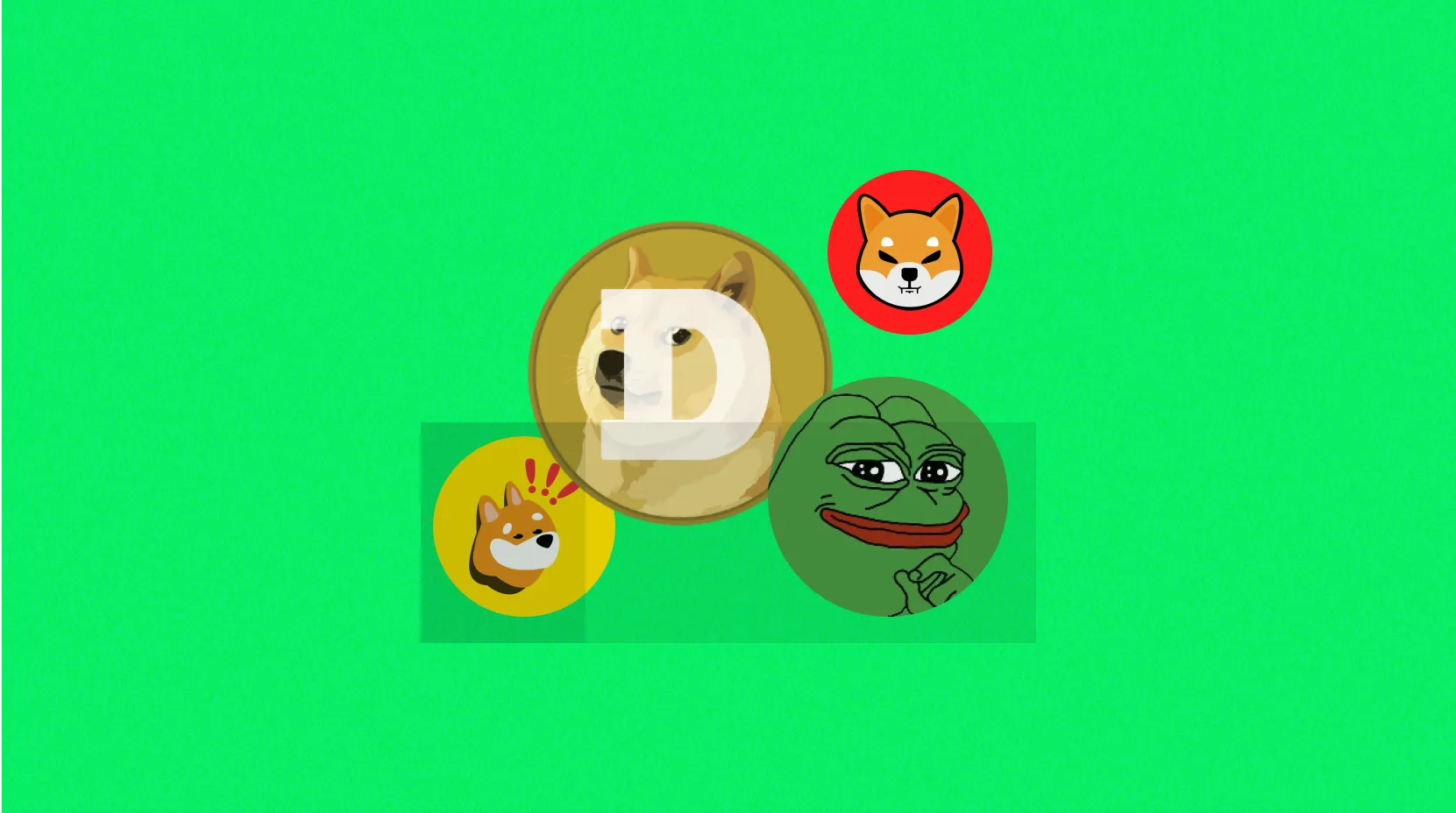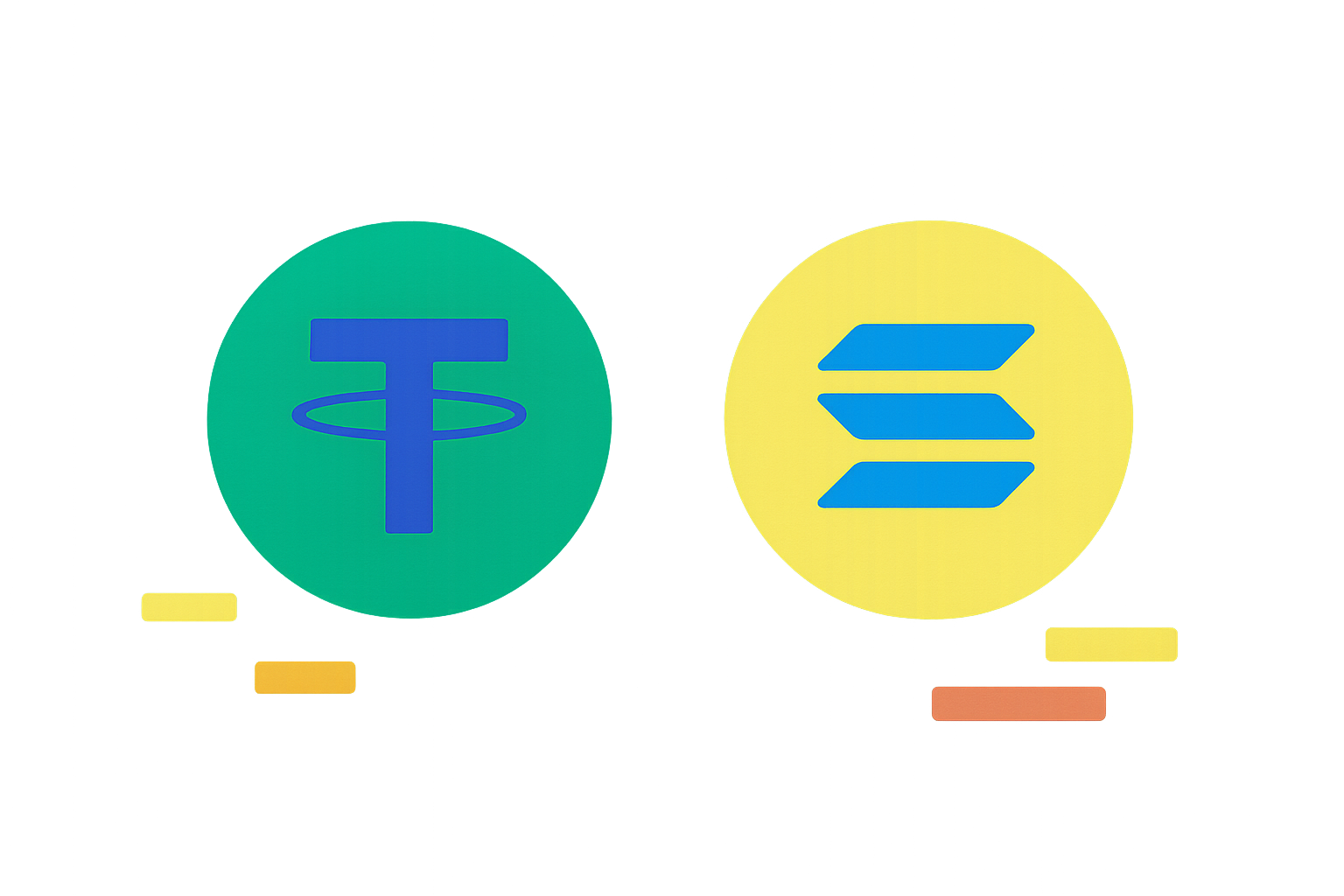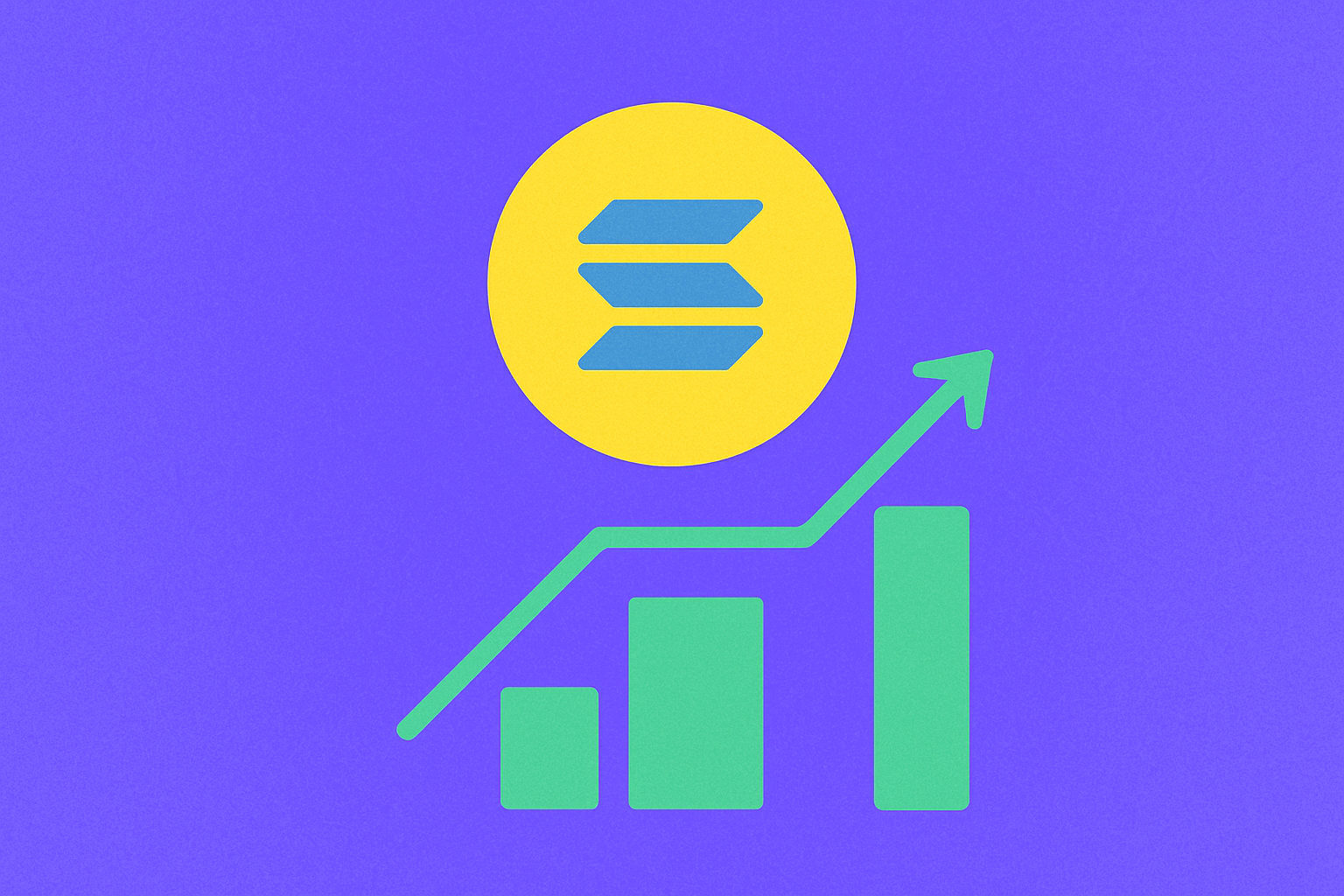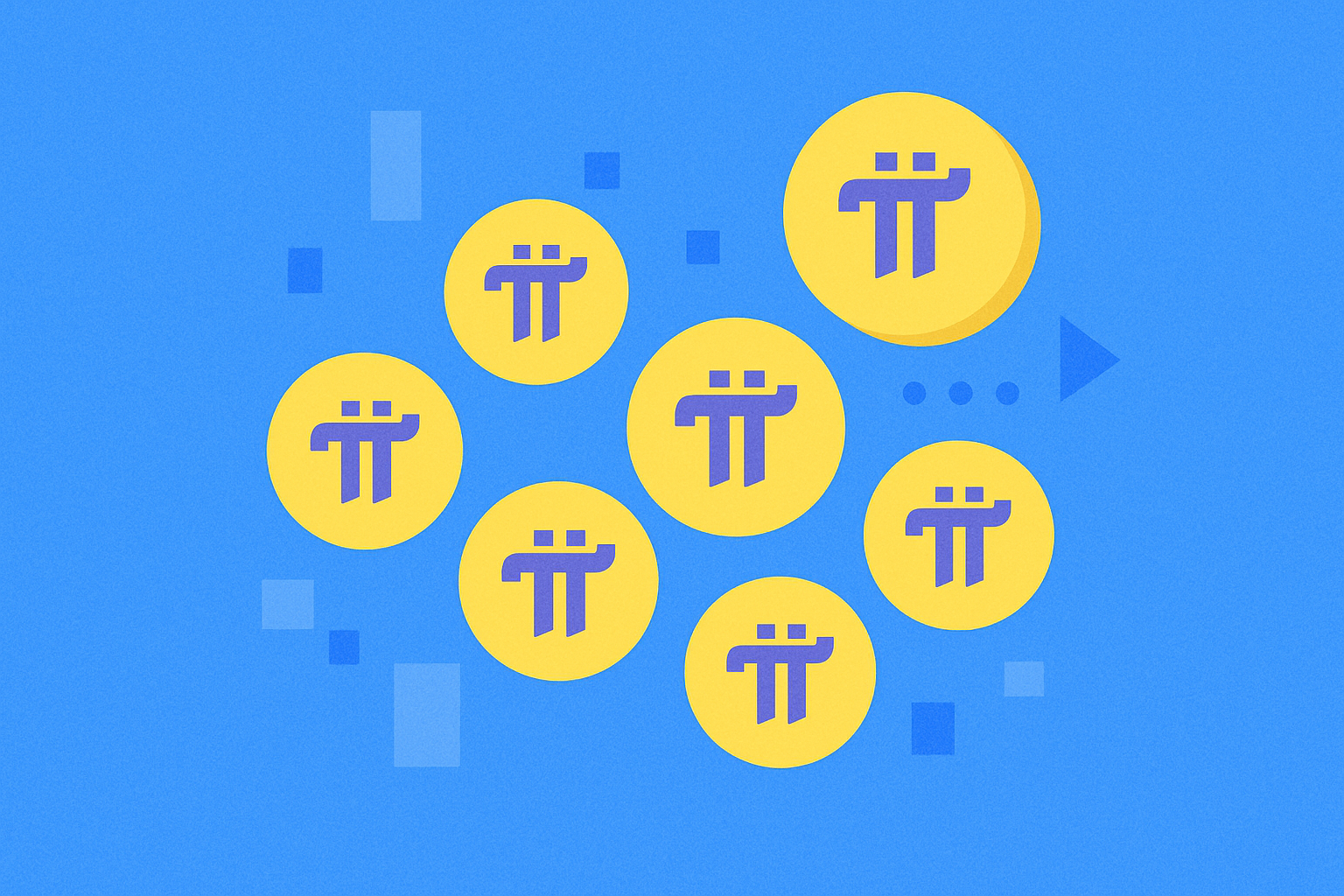PING Projesi: X402 Protokolü ile Yapay Zeka Tabanlı Ödeme Otomasyonuna Çözüm Sunuyor

Web3 Ödemelerinde Devrim: PING Projesi ve X402 Protokolü
Yapay zekâ ve blokzincir teknolojisinin buluşması, finansal işlemlerde yenilik için benzeri görülmemiş fırsatlar sundu. X402 protokolünü kullanan PING Projesi, yapay zekâ ödeme otomasyonu alanında öncü bir çözüm olarak öne çıkıyor. Bu yenilikçi yaklaşım, dijital ekonomide makineden makineye işlemlerin potansiyelini sınırlayan temel sorunlara çözüm getiriyor. "402 Payment Required" durum kodunun HTTP protokolüne doğrudan entegre edilmesiyle X402 protokolü, yapay zekâ ajanları ve hizmetler arasındaki otomatik ödemeleri engelleyen geleneksel bariyerleri ortadan kaldırıyor. Protokolün ilk uygulaması olan PING token, piyasaya sürülmesinin ardından kısa sürede piyasa değerini 30.000.000 dolara taşıyarak dikkate değer bir kabul gördü. Bu benimseme, otonom yapay zekâ ajanları çağında sürtünmesiz işlem sunan çözümlere olan güçlü talebi gösteriyor ve PING Projesi'ni Web3 ekosisteminde dijital değer değişiminin öncüsü konumuna getiriyor. Cloudflare, Google ve Visa gibi sektör liderlerinin X402 Vakfı’nı desteklemesi, protokolün yapay zekâ tabanlı sistemlerin özel gereksinimlerine göre tasarlanmış yeni bir ödeme altyapısı paradigması oluşturmadaki önemini pekiştiriyor.
Yapay Zekâ Destekli İşlemler: Blokzincir Tabanlı Ödeme Çözümlerinin Geleceği
Blokzincir ödeme çözümlerinin gelişimi, X402 gibi protokollerle mümkün olan yapay zekâ destekli işlemler sayesinde kritik bir dönüm noktasına ulaştı. Geleneksel ödeme sistemleri; hesap açma, KYC doğrulaması ve manuel onaylar gibi insan müdahalesi gerektiren süreçlerle çalışır—bu süreçler, otonom yapay zekâ sistemleriyle uyumsuzdur. X402 protokolü, "ödeme kimlik doğrulamadır" ilkesini benimseyerek soruna zarif bir çözüm sunar; bir yapay zekâ ajanı blokzincir işlemini tamamladığında, ek doğrulama olmadan erişim doğrudan sağlanır. Bu paradigma değişimi, makineden makineye ticarette geleneksel finansal aracıları ortadan kaldırarak gelişen yapay zekâ ekosistemi için daha verimli bir ekonomik katman oluşturur. Blokzincir entegrasyonu, bu işlemlere değiştirilemezlik, şeffaflık ve programlanabilirlik kazandırırken, gerçek zamanlı operasyonlar için gerekli hız korunur. Sentin küçük bir kısmına kadar mikro işlem desteğiyle X402 protokolü, yapay zekâ ajanlarının veri erişimi, işlem gücü veya özel yapay zekâ servisleri gibi kaynaklar için tam olarak ödeme yapabileceği yeni iş modellerinin önünü açar. Bu yetenekler, kendi finansal kaynaklarını bağımsız şekilde oluşturup yönetebilen, kendi kendini sürdüren yapay zekâ sistemlerinin ortaya çıkmasını sağlayarak derin ekonomik etkiler yaratır.
Yapay Zekâ Ajanları İçin Ödeme Sistemleri Karşılaştırması:
| Özellik | Geleneksel Ödeme Sistemleri | X402 Protokolü |
|---|---|---|
| Hesap Gereklilikleri | Kullanıcı kaydı ve KYC | Hesap gerekmez |
| Mutabakat Süresi | Saatler veya günler | Anında |
| Minimum İşlem Tutarı | Genellikle $0,30+ | Sentin küçük bir kısmı |
| Ödeme Otomasyonu | Sınırlı, insan onayı gerekir | Tamamen otonom |
| Entegrasyon Karmaşıklığı | Yüksek, API anahtarı ve hesap gerekir | Düşük, standart HTTP kullanılır |
| Çapraz Platform Desteği | Belirli sağlayıcılarla sınırlı | Evrenel, blokzincir tabanlı |
Verimliliğin Kilidini Açmak: X402 Protokolü Web3 Geliştiricilerine Nasıl Katkı Sağlıyor?
X402 protokolü, uygulamalarına ödeme işlevi entegre etmek isteyen Web3 geliştiricileri için dönüşüm sağlayan avantajlar sunar. HTTP protokolü ve blokzincir teknolojisinin gücünden yararlanarak, X402 ödemeleri yönetmek için gereken geleneksel karmaşık altyapıyı ortadan kaldırır; böylece geliştiriciler ödeme entegrasyonu yerine ana işlevlere odaklanabilirler. Bu sade yapı; geliştirme süresini ve operasyonel maliyetleri düşürerek, özellikle Web3’te yaygın olan kaynak kısıtlı girişimler için önemli bir avantaj sunar. Protokolün tasarımı, geliştiricilerin API’lerini, yapay zekâ modellerini ve dijital hizmetlerini zahmetli kayıt süreçleri olmadan isteğe bağlı olarak gelir elde edecek şekilde sunmalarını sağlar. Web3 geliştirmeye ilgi duyan Gate kullanıcıları, X402 protokolünün bu avantajları sayesinde ödeme özellikli uygulamaları hızlıca prototipleyip düşük maliyetle hayata geçirebilirler. API anahtarları, hesap yönetimi ve abonelik faturalandırma gibi geleneksel bariyerlerin kaldırılması, kimlik bilgisi yönetimiyle ilgili güvenlik açıklarını da önemli ölçüde azaltır. Geliştiriciler, kaynakların 402 durum kodu ile birlikte ödeme talimatı döndüğü ve zincirde ödeme onaylandığında kaynağın otomatik olarak açıldığı basit bir iş akışı uygulayabilir. Bu yöntem, mimariyi sadeleştirirken blokzincir doğrulamasının doğal özellikleriyle güvenliği artırır. Ayrıca protokolün mikro ödemeleri desteklemesi, hizmetlerin gerçek tüketim kadar ücretlendirilmesini sağlayan yeni gelir modellerinin ortaya çıkmasını sağlar; bu, sabit abonelik ücretlerinin gerçek kullanım ile uyumsuz olmasına engel olur.
Kripto Para Yatırımcılarını PING’in Yenilikçi Özellikleriyle Güçlendirmek
PING token, X402 protokolünün yapay zekâ ödeme otomasyonu için pratik uygulamasını göstererek kripto para kullanımında önemli bir gelişme ortaya koyuyor. Spekülasyonun ötesinde gerçek fayda sunan teknolojilere ilgi duyan kripto para yatırımcıları için PING, yapay zekâ ile blokzincir teknolojilerinin hızla büyüyen kesişim noktasına yatırım fırsatı sağlıyor. Tokenin yenilikçi özellikleri arasında, insan müdahalesi olmadan otonom işlemleri mümkün kılan yapay zekâ ajan cüzdanlarıyla sorunsuz entegrasyon öne çıkıyor—bu, gelişen makine ekonomisi için kritik bir yetenek. PING’in uygulaması; saniyeler içinde gerçekleşen anında mutabakat, daha önce ekonomik olarak mümkün olmayan mikro ödemeler desteği ve blokzincir tabanlı doğrulama ile karşı taraf riskinin ortadan kaldırılması gibi çeşitli teknolojik atılımları barındırıyor. Tokenin büyüyen ekosistemi, Cloudflare gibi büyük altyapı sağlayıcılarıyla entegrasyonu da kapsıyor; Cloudflare'ın Agents SDK’sı artık X402’yi yerel olarak destekliyor ve bu sayede token sahiplerinin potansiyel kullanım alanları genişliyor. Gate, bu yeniliği, X402 protokolü ve ilgili projeler hakkında eğitim materyalleri sunarak yatırımcıların yeni ödeme sistemlerinin teknolojik altyapısını anlamasına yardımcı olarak önemini vurguluyor.
PING Token Uygulama Metrikleri:
| Metri̇k | Performans |
|---|---|
| Mutabakat Süresi | Saniyeler |
| Minimum İşlem Boyutu | Sentin küçük bir kısmı |
| Piyasa Değeri | $30.000.000 zirveye ulaştı |
| Entegrasyon Ortakları | Cloudflare, Coinbase, Google |
| İşlem Kesinliği | Anında, geri ödeme yok |
| Kimlik Doğrulama Yöntemi | Ödeme kimlik doğrulama olarak işlev görür |
PING Projesi, blokzincir tabanlı protokollerin yapay zekâ ödeme otomasyonunda daha önce çözülemeyen sorunları nasıl ortadan kaldırabileceğini ve hızla gelişen Web3 ortamında hem geliştiriciler hem de yatırımcılar için yeni fırsatlar yaratabileceğini gösteriyor. Otonom yapay zekâ ajanları dijital ekonomilerde giderek daha merkezi oyuncular hâline gelirken, X402 protokolü gibi çözümler, makineden makineye ticaretin gelişmesi için gereken temel finansal altyapıyı sağlıyor.

x402 nedir? Protokol Yorumlamasını Anlamak

KITE'ın milyonlarca katılımcıya ve 33 milyon dolar fona sahip topluluğu ne kadar aktif?

Stellar nedir ve 2025'te nasıl çalışacak?

Solidus Ai Tech ($AITECH): 1,5M GPU ve Gelişmiş Yapay Zeka Teknolojisi ile Yeniliği Devrimsel Hale Getiriyor

GoPlus Security (GPS): Blok Zinciri Koruması için Temel Mantık ve Kullanım Durumlarını Analiz Etme

Privasea AI: FHE Devrimi, AI'da Veri Gizliliğini Koruyor | Tam Analiz

Fantasy Sports Platformu, kriptoya olan odaklanmayı azaltarak daha geniş bir kullanıcı kitlesine ulaşmayı amaçlıyor

Solana ağında USDT’yi güvenli ve verimli bir şekilde nasıl kullanacağınızı öğrenin

Solana'nın fiyatı 2024 yılında 10.000 dolara ulaşabilir mi?

Android ve iOS kullanıcıları için en iyi 5 ücretsiz madencilik uygulaması

ELXAI Token Güncel Değeri: Anlık Fiyat ve Grafik







